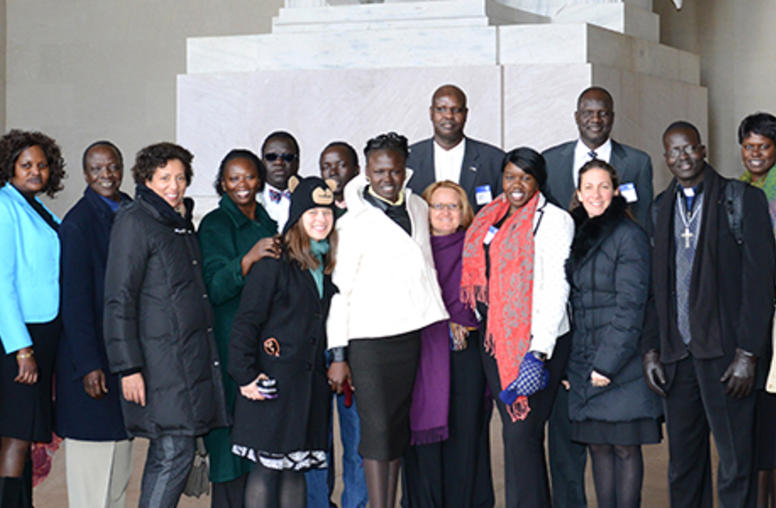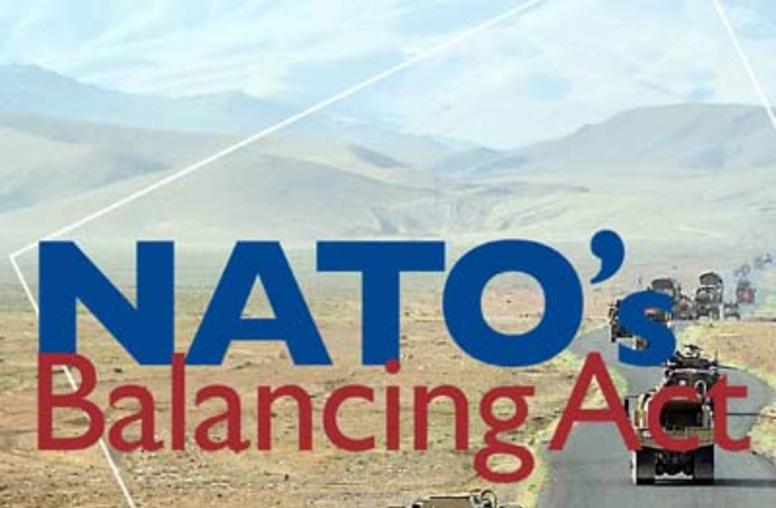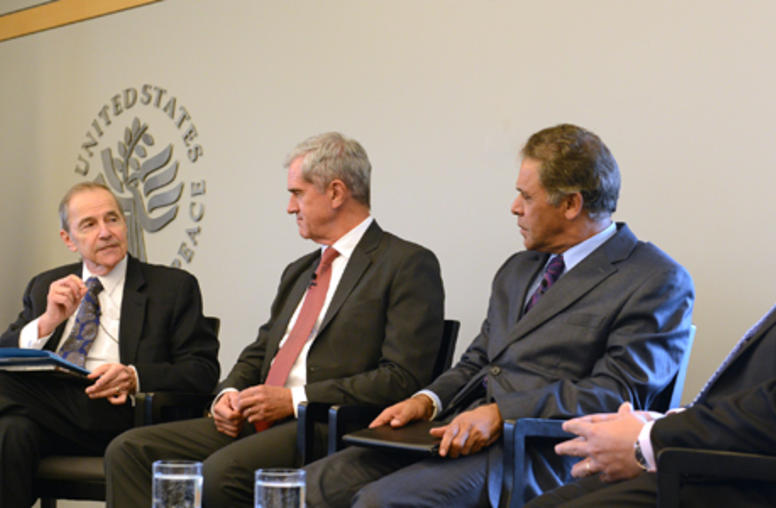Preventing Violent Conflicts
A Strategy for Preventive Diplomacy
This volume defines early warning and preventive diplomacy; assesses, after reviewing several recent preventive efforts, who does it, what methods work, and why; and suggests how multilateral and national entities (especially the U.S. government) can overcome operational challenges to effective preventive action.
In this balanced and comprehensive analysis—the first of its kind—Michael Lund defines early warning and preventive diplomacy; assesses, after reviewing several recent preventive efforts, who does it, what methods work, and why; and suggests how multilateral and national entities (especially the U.S. government) can overcome operational challenges to effective preventive action.
The book concludes by sketching the outlines of a more systematic, global preventive regime, one that draws on the strengths of individual states, the United Nations, regional organizations, and NGOs.



